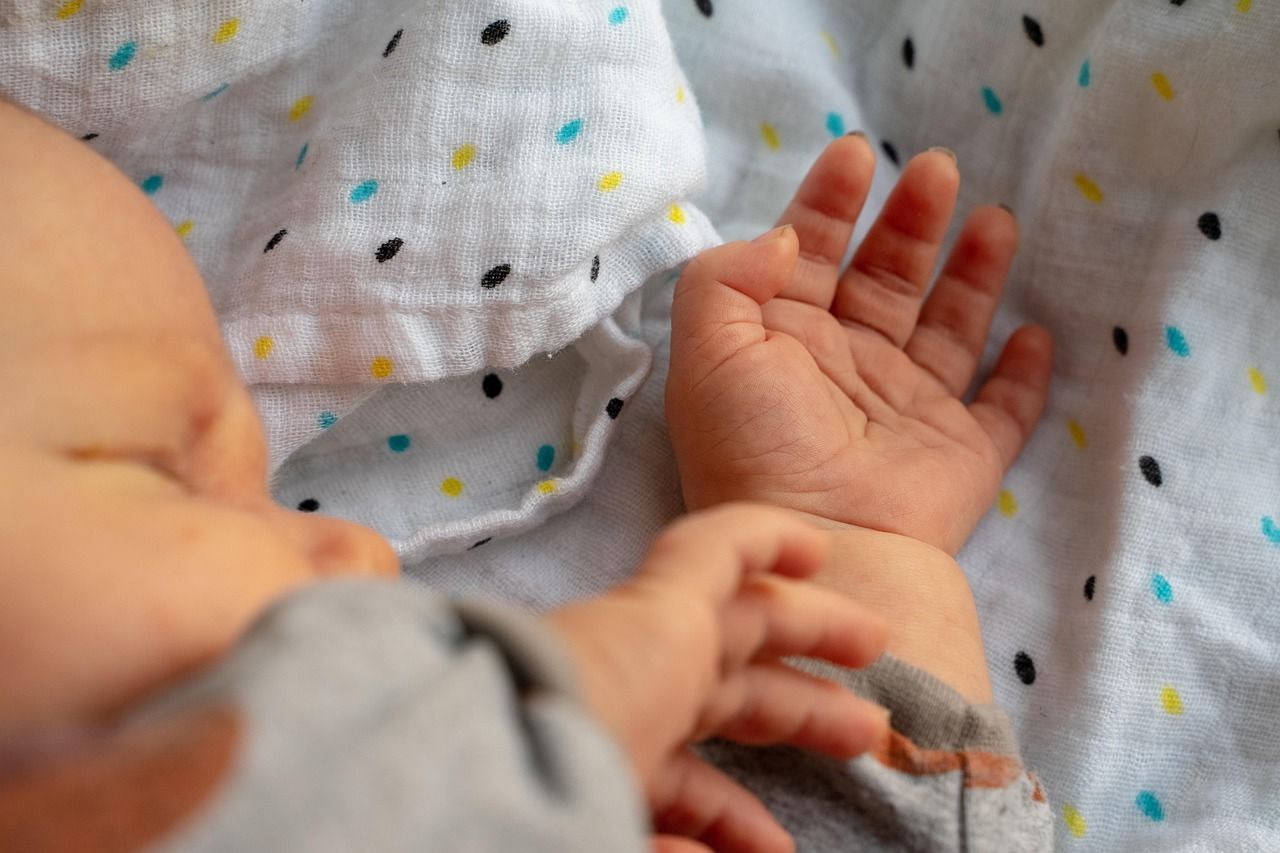Celebrating the vital role of midwives

Midwifery is one of the world’s oldest professions. For centuries, midwives have supported women through pregnancy, childbirth, and postpartum recover; long before the rise of modern medicine. While the tools and techniques have changed over time, the core principle of midwifery remains the same: to provide compassionate and skilled, female-centric care.
Midwifery dates back thousands of years. Texts from ancient Egypt, Greece, and Rome refer to women who assisted others in childbirth and in many early societies, midwifery was a highly respected role, often passed down through generations with midwives relying on traditional knowledge, herbal remedies, and practical experience. In fact, it was a Greek physician who wrote the first detailed manual on midwifery during the 1st Century, which became a reference point for hundreds of years to follow.
Today, midwives are recognised as essential to safe, high-quality maternal care and today marks International Day of the Midwife, a chance to pause, reflect and celebrate the role midwives play in our modern society.
In countries like Australia and New Zealand, midwives often lead maternity care, particularly for low-risk pregnancies. The World Health Organisation (WHO) actively supports midwife-led models of care, which are linked to better outcomes for mothers and babies.
Midwives have long been at the heart of maternal and newborn health, playing a vital and often under-recognised role in ensuring safe and supported births. Across the globe, midwives play a key role as educators, advocates, and primary contributors to the health and wellbeing of families and communities.
That said, many people associate midwives solely with childbirth. While supporting women during labour is central to their role, midwifery encompasses far more. Midwives provide care across the entire reproductive journey, including:
- Monitoring health during pregnancy, offering education on nutrition, birth planning, and emotional wellbeing.
- Offering skilled and compassionate support during birth, often leading to lower intervention rates and better outcomes.
- Supporting new mothers with recovery, feeding, and adjusting to life with a newborn.
- Advising on family planning, contraception, and sexual health
In addition, research shows that investing in midwives can drastically reduce maternal and infant mortality rates. According to the WHO, fully integrating midwives into health systems could prevent up to 83% of maternal deaths, stillbirths, and newborn deaths around the globe.
From remote Australian communities to major urban centres, midwives are often the first, and sometimes only, point of care for expectant mothers. In low-resource settings, their presence can mean the difference between life and death. Here in Australia for example, midwives are crucial in indigenous communities, where culturally safe care and long-term relationships are key. Culturally matched midwifery services have been shown to improve maternal outcomes and build community trust in the wider health system.
Midwives don’t just provide clinical care, they offer emotional support, advocacy, and empowerment. Their role is deeply human: listening, calming fears, celebrating new life, and supporting families through vulnerable transitions. And by recognising the social, emotional, and cultural aspects of pregnancy and birth, midwives help women make informed choices and feel respected and safe—before, during, and after birth.
Midwives are central to maternal and infant health. They offer far more than delivery support, they are holistic caregivers, community health advocates, and agents of positive change. As we continue to strive for safer, more equitable health systems, midwives must be recognised, respected, and invested in, which are just a few of the reasons why recognising and celebrating the International Day of the Midwife is so important.



